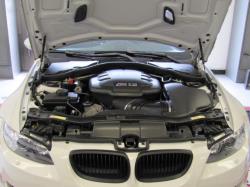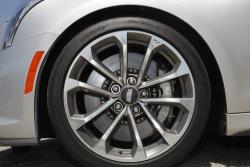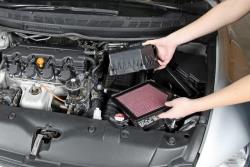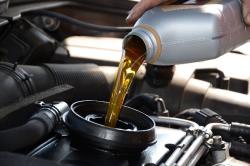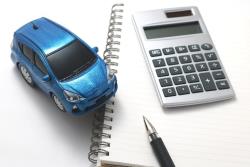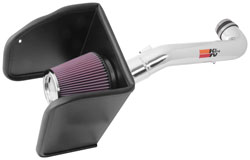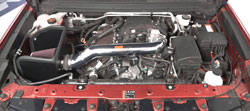12 Ways to Extend the Lifespan of Your Vehicle
- 02.07.2018
| Many modern vehicles are designed to be capable of operating for 200,000 miles or more—but how can you give your car the best chance of getting there? Whether you’re looking to drive your car for the next few years—or for the rest of its natural life—following a few basic tips can help reduce maintenance issues, maintain re-sale value, and even add years of operating life. CLEAN YOUR ENGINE
KEEP YOUR KEYS LIGHT
TRACK YOUR SERVICE SCHEDULEFamiliarize yourself with your owner’s manual, and take note of the manufacturer’s recommended service schedule. Keep a small notebook in your glove box to take note of any services or repairs—including oil changes, fluid checks, tire rotations, and gas mileage. Sticking to the recommended service schedule will help keep your vehicle running smoothly, and if you decide to sell, buyers will appreciate evidence that you’ve performed consistent maintenance. CHECK YOUR TIRES FOR INFLATION AND WEAR
REPLACE YOUR AIR FILTER
CHANGE YOUR OIL AND OIL FILTER REGULARLY
DON’T NEGLECT FLUID LEVELSDon’t neglect other fluids—your transmission fluid, radiator coolant, brake fluid, and power steering fluid all require periodic servicing and replacement according to your manufacturer’s recommended service schedule. It’s a good idea to check all your fluids regularly to help catch any leaks or problems early.
KEEP YOUR CAR CLEANKeeping your car clean is an important aspect of maintaining your car’s paint job and body. Salt, in particular, can cause serious rust damage and corrosion—which can eventually creep into the structural components of your vehicle, resulting in thousands of dollars of damage. Wash your car regularly, and if you live in an area where it's frequently exposed to salt—near the beach, or where roads are salted in winter—make sure to give your vehicle’s undercarriage a thorough cleaning with each wash. PAY ATTENTIONBe aware of new sounds and vibrations. Every couple of weeks, take a minute to roll down your windows as you’re driving around town, and listen for anything out of the ordinary. Squeaks, rattles, and knocks should be investigated and diagnosed. Sound can be one of the first indicators of a problem, and if you catch issues early, you can avoid more serious repairs in the future. BE PATIENT WITH COLD STARTSIf you let your car sit for more than five hours, you can consider the engine cold—with most of the oil drained into the oil pan. It takes a few seconds after start-up for oil to start circulating through the engine again—meaning you shouldn’t immediately start up and drive off, particularly in cold weather when the oil is more viscous (and moves slower!). Give the engine around 30 seconds to warm up before putting it in gear.
BUDGET FOR REPAIRSUnexpected car repairs can cause your budget to take a serious hit—which is why it’s important to plan ahead for unforeseen problems in addition to your regular service costs. Setting aside a vehicle-specific emergency fund can help you deal with costly repairs and prevent unnecessary financial stress. If possible, estimate your yearly vehicle costs—including services like oil changes, fluid checks, filter replacements, and tire rotations—and set aside a bit extra for any unwelcome surprises.
|

